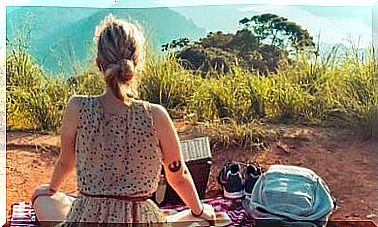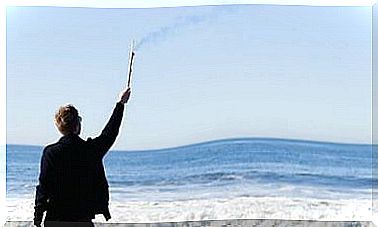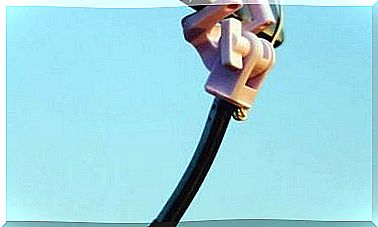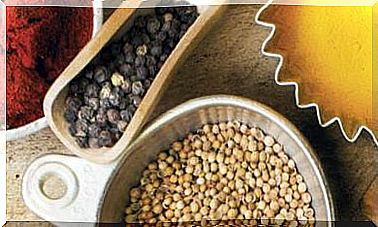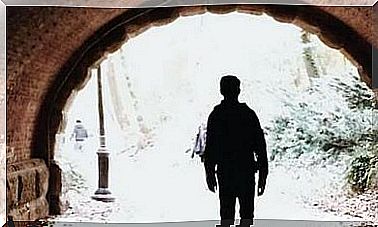5 Slow Trips To Rediscover Spain
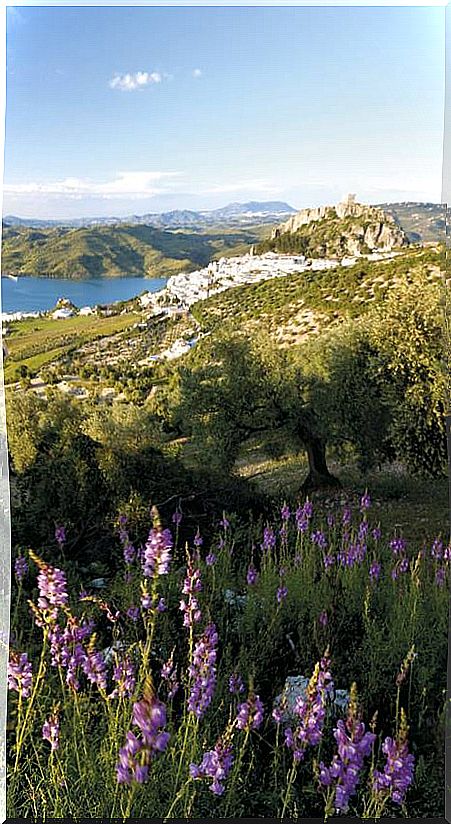
Slow culture rethinks traditional tourism
The slow movement is a good example of the change that is taking place. This current seeks to take control of our life to enjoy it and live it in a conscious and calm way. As part of this movement slow tourism or conscious tourism was born.
Canadian journalist Carl Honoré, author of Praise for Slowness (RBA Libros, 2008) on slow culture, defends traveling enjoying every moment of the day, getting in touch and interacting with the local community, minimizing the use of polluting transport and consuming preferably natural and nearby products (km 0) during the stay.
The slow culture represents a change in the traditional way of planning a trip: it is not about covering a lot, as is usually done, but rather knowing more and better the places that are visited.
Permaculture, the culture of sustainability
Tourism 3.0 also incorporates permaculture in its different proposals and modalities. After all, the purpose of permaculture (permanent agriculture and culture, a concept that emerged in the seventies of the last century) is to act in favor of nature in its broadest sense to achieve a production model that is sustainable.
Projects that empathize with the environment and territory where they are located, that value the product and the identity of the place and that promote its sustainability, are positioned as references in the planning of tourist destinations, and redefine the foundations of what today we understand as responsible tourism.
Farms, vineyards, restaurants, mills, farms … they add to the bandwagon of permaculture, incorporating it as one more pillar of its tourist activity. More and more producers have begun to complement their work and combine their time with tourism, offering visits and experiences in the form of tourist activity.
Holidays as a time of learning
The traveler, in this way, knows directly and actively the work they do, better understands the philosophy and principles behind their activity, and learns about the origin of the ingredients and resources used in the elaboration or production process.
And all this without counting the valuable experience of putting a face to the people behind a project. The family business or personal projects facilitate social interaction between the traveler and the local.
This action is responsible for the positive feeling that many travelers share and that, in some way, makes them feel identified with the destination. Talking with the locals helps us more than any travel guide to find authentic experiences and brings us naturally and spontaneously closer to the community.
We all benefit
This social factor is precisely one of the aspects most valued by the conscious traveler. In this sense, permaculture and local producers play an important role in recovering the roots and personality of destinations.
The conscious tourism, finally, not only benefits travelers, it contributes to their contributions to diversify the incomes of farmers, artisans and local managers, a time that helps preserve environments of great environmental value and to maintain and renew uses and customs of host communities.
You decide the type of tourism you want
When we travel we can choose between establishing a relationship with the destination based on learning and personal development or using the destination in a purely holiday way: you decide.
These new forms of tourism bring numerous benefits not only for the traveler, but also for the community itself, the environment and the destination.
The traveler can benefit from a well-deserved break from the stresses of their daily routine, with their to-do lists, phone alarms, the “I have to” … Because when we undertake a slow and conscious journey we enter a time to simply be and live .
Contact with nature and with new cultural contexts helps rejuvenate our spirit and perceive our environment in an unusual way. When changing scenery, the input we receive through all our sensory senses is also different, so we expand horizons, think outside the “box” and face problems or accumulated runrunes from another perspective, with a greater connection with ourselves. .
The value of relating
Traveling helps us establish more meaningful relationships. It has been proven that doing it consciously encourages communication through joint activities, meals and after-dinner parties, the negotiations involved in traveling in company …
The benefits are even gastronomic. We more easily access km 0 and local products in markets and businesses, and we can discover a different cuisine, with the assurance that the food we consume is healthy and lacks additives, which provides a higher nutritional quality to our meals.

